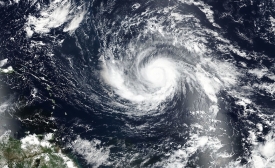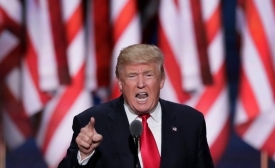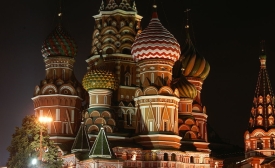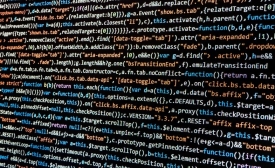disinformation

How has the coverage of natural disasters changed in the social media age?

Mark Dillen examines President Trump's confusing communications regarding Russia and Ukraine.
Why does this history matter? Because we are living at a similarly fraught moment, in a time when international alliances are in flux. America’s reputation abroad has plunged in many countries. Conspiracy theories have never been easier to create and pass on, both abroad and at home. [...] Yet at the moment, there is no systematic U.S. or Western response to Russian, Chinese or Islamic State disinformation.
Why does this history matter? Because we are living at a similarly fraught moment, in a time when international alliances are in flux. America’s reputation abroad has plunged in many countries. Conspiracy theories have never been easier to create and pass on, both abroad and at home. [...] Yet at the moment, there is no systematic U.S. or Western response to Russian, Chinese or Islamic State disinformation.

Mark Dillen explores the Trump administration's response to Russia's current disinformation campaign.

Chris Hensman & Shawn Powers discuss how the rise of digital technology poses a threat to PD practitioners.
As the United States grapples with the implications of Kremlin interference in American politics, European countries are deploying a variety of bold tactics and tools to expose Russian attempts to sway voters and weaken European unity. Across the continent, counterintelligence officials, legislators, researchers and journalists have devoted years — in some cases, decades — to the development of ways to counter Russian disinformation, hacking and trolling. And they are putting them to use as never before.
Vladimir Putin's regime is weaponizing the internet to sow chaos, confusion, and discord across the West.







